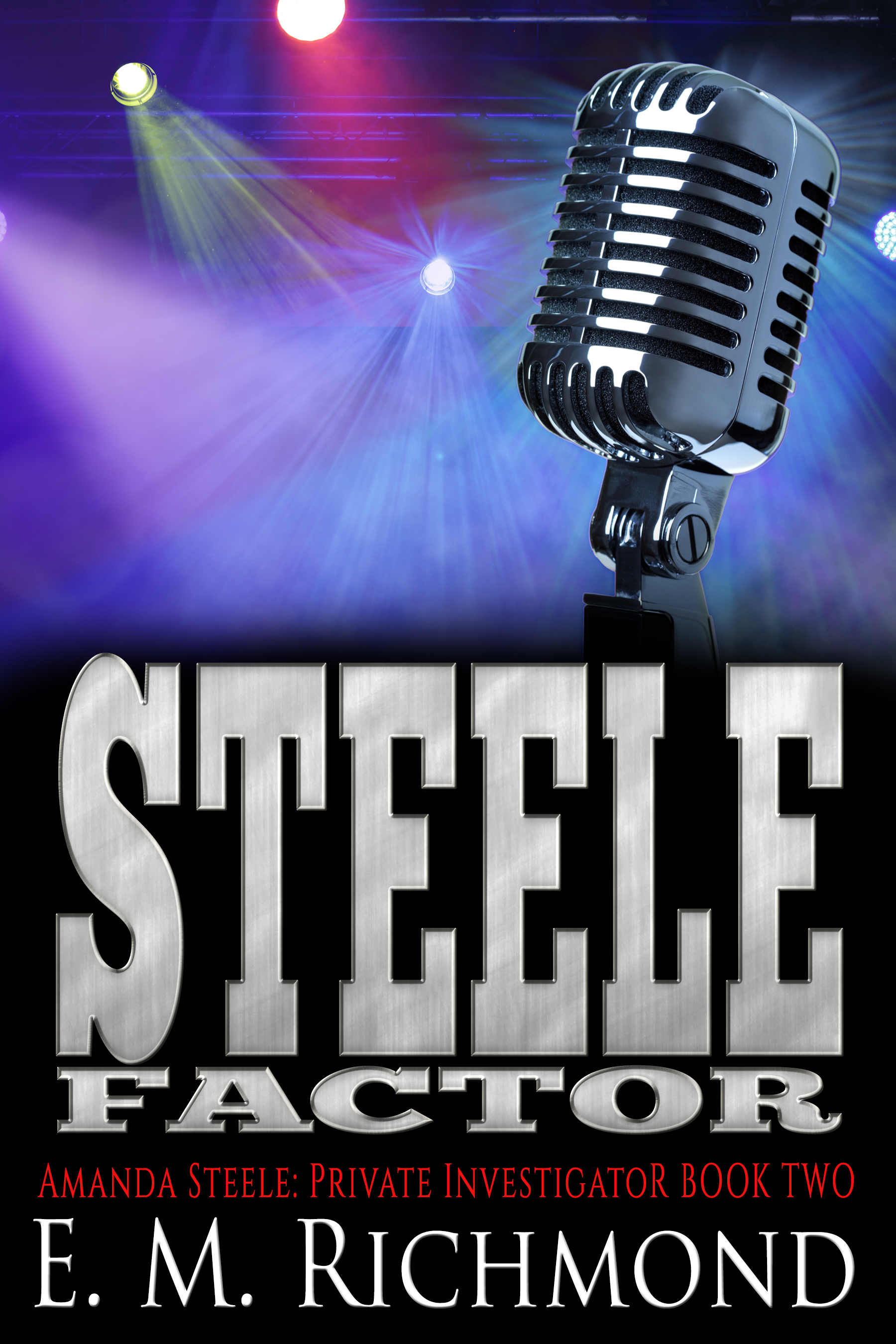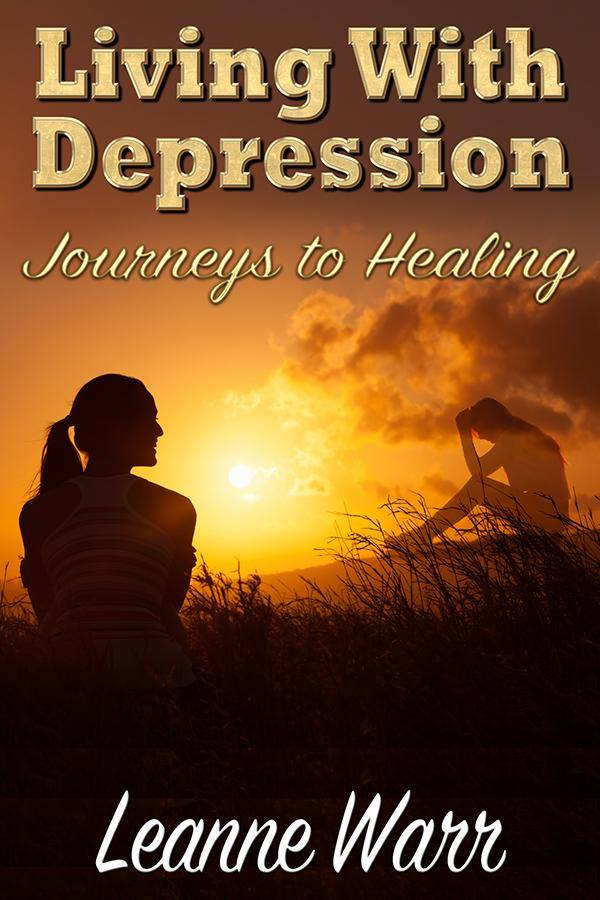
One of the many things that writers get asked is: “Where do you get your inspiration?” Another question that is often asked is: “How do you write?
A lot of inspiration comes from real life. For instance, my very first novel was partly inspired by my job. I was working as a reporter and I wanted a character who came from that sort of life. Another thing that inspired the story was my dissatisfaction with my own life. The wish that if I could somehow become someone else, things might be better. Of course, I would never really wish to be someone who is so different from who they really are that they become sort of the antithesis of themselves. Essentially, the character, Phoenix, was more interested in revenge than in actually being a nice person.
Sometimes I will be inspired by something I see on the news. There might be something happening in the world that will inspire a plot. Here’s another example: I’ve always been curious about cults and what makes someone begin to follow someone. Is it charisma? Is it a desire to believe that they can somehow ‘fix’ things. This type of thing has become quite a scandal in the last two or three years and I’m sure there is a psychological term for this type of brainwashing. Anyway, it has inspired a future crime fiction story where the main character goes looking for someone who has fallen victim to this cult.
Another event that inspired a story was a terrorist attack. I live in New Zealand, and there has always been a perception that the things that directly affect other countries, such as terrorism, is something that doesn’t really happen here. That couldn’t be further from the truth. So, yes, it did inspire another story – which I have only written the bare bones of.
Sometimes the hardest thing for a writer is to be able to focus. We often get asked about writer’s block and how to overcome it. Many of the problems with writer’s block, at least in my experience, stems from the fact that we are trying to focus on one particular story and we lose that focus, or we run out of ideas of where to go next in the plot. Every writer has some idea of the plot they want to follow in a story (in fiction, that is), or the structure, but there are times when that plot seems to go off in a different direction. It’s not wrong. In fact, sometimes these little segues can actually make a story that much richer. It’s when we are unsure of which path we want to follow that we get that block.
One of the things I do with writer’s block is try to focus on something else for a while. Even if it means working on another story idea. As I mentioned in a previous post, when I was working on my first novel, for years I had written scenes which would either eventually fit somewhere within the story, or they wouldn’t. I think many writers do it this way. It may look a bit odd to someone who isn’t a writer, but in many ways, our brains do not work in a linear way. We can hear something or witness something that might provide an inspiration, but it might not necessarily immediately follow what we have already written in a story. Sometimes it’s easier for me to write the scene down while it is still fresh in my head, rather than try to remember it later down the track when it should logically follow the plot.
As a journalist, I was accustomed to working on several stories at once. Now in my novel writing, I do pretty much the same thing. I already have several story ideas bubbling away, and if I get inspiration for one of them, I will write in that one until I have done what I needed to do before I go back to the story I am meant to be working on. While it might sound odd to someone who doesn’t do a lot of writing, it is the best way for me to work.
Of course, there is another way to deal with writer’s block and that’s essentially a change of scenery. If the weather’s good, go out, enjoy the scenery, surround yourself with the natural world, if that’s your thing, or spend time with friends. You may find something to inspire you while you’re at it.


